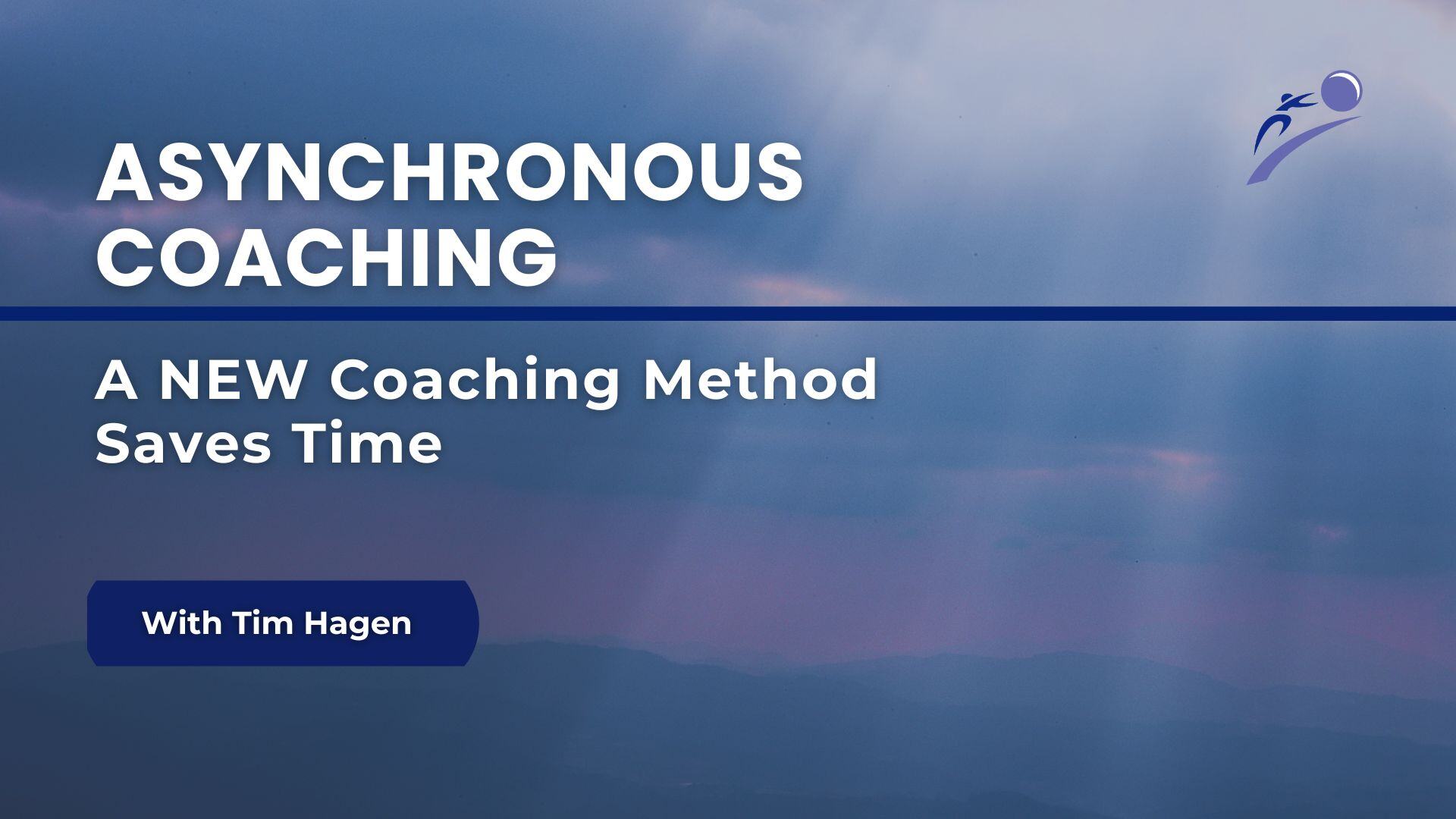
How many times do you go to the driving-range to practice your swing to get it juuust right?
How many times do you check to make sure everything looks juuust right before heading out for the evening?
Which do you think we spend more time doing: practicing our swing and checking our appearance or practicing our sales pitch and learning as much as we can about our product or service?
Now, these are just generic examples, but in reality, reinforcement is not as strong as it should be in the workplace. When we go to the range or give ourselves more than a once over, we are reinforcing a positive and confident attitude because we know that we look good and we know that our swing is the best it can be. This affect on our confidence gives us the push we need to approach and conquer any situation.
Imagine if the “more-than-a-once-over” effect applied to the business world. If we practiced our cold-calling, we would be more poised on the telephone call, and we would be ready for any questions, concerns or resistance. If we went over our materials as much as we went over our outfit with a lint roller, we would have more knowledge about our product and it’s features, advantages and benefits.
Managers should play an active role in making sure that their sales team is always learning. They can hold group meetings to discuss any new tips or tools that other members are using, or they can hold one-on-one meetings to examine progress. Sales trainers should follow-up with teams and evaluate the effectiveness of their program. They should encourage weekly activities that keep their lessons fresh in sales people’s minds.
Companies are driven by people who want to succeed. You can’t show your boss your golf scorecard, but you can show them the business you are bringing in. So if you want to see results, actively participate in a sustainable sales training program and practice what you learn.
If you have any ideas on how to successfully employ training reinforcement, join our LinkedIn group and tell us about it:
Training Reinforcement Professionals
Download this free Whitepaper about coaching employees with bad attitudes:





